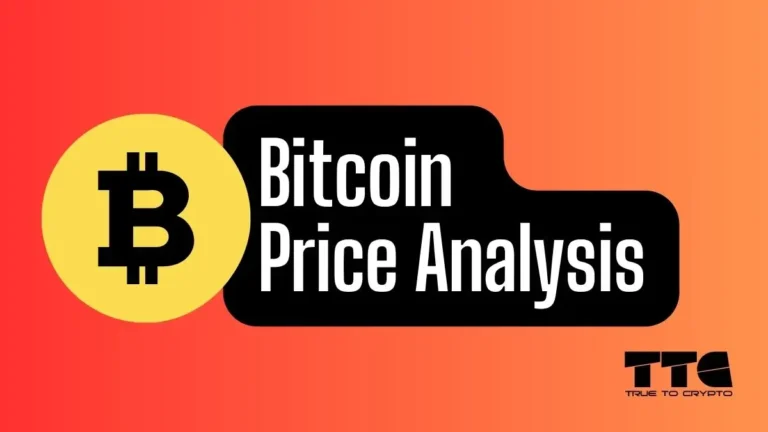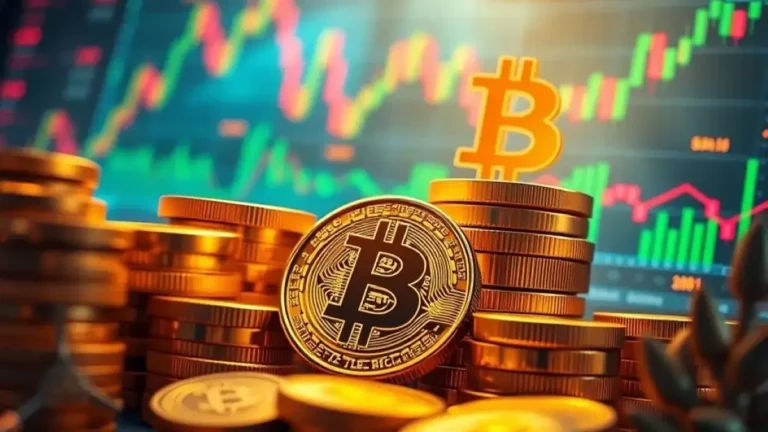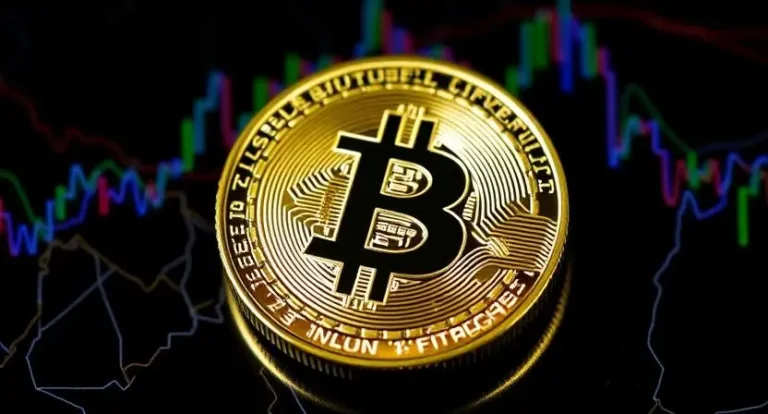Hut 8 Corp., a prominent North American cryptocurrency mining company, has partnered with a Trump family-backed entity to launch American Bitcoin Corp., a new venture aimed at industrial-scale Bitcoin mining. Announced on March 31, 2025, this collaboration merges Hut 8’s operational expertise with the strategic vision of Eric Trump and Donald Trump Jr., who hold a minority stake in the enterprise. With Bitcoin trading at ~$82,000—down 1.7% amid market pressures—the move signals a significant step for both Hut 8 and the Trump family’s growing footprint in the $2 trillion crypto sector.
The deal centers on American Bitcoin Corp., rebranded from American Data Centers Inc., a company initially formed by investors including the Trump brothers. Hut 8 contributed the majority of its ASIC mining hardware—approximately 61,000 machines—in exchange for an 80% ownership stake, leaving the Trump-led group with 20%. Eric Trump will serve as Chief Strategy Officer, while Matt Prusak takes the CEO role and Mike Ho chairs the board, joined by Hut 8 CEO Asher Genoot, Tinder co-founder Justin Mateen, and FabFitFun co-founder Michael Broukhim. The venture aims to scale mining capacity beyond 50 exahashes per second (EH/s) with a fleet efficiency below 15 joules per terahash, positioning it as a potential global leader.
Hut 8 will remain the exclusive infrastructure and operations partner, managing 11 U.S.-based data centers under long-term agreements. These contracts ensure stable revenue for Hut 8’s Power and Digital Infrastructure segments, while American Bitcoin focuses on mining and building a strategic Bitcoin reserve—a treasury approach echoing Marathon Digital Holdings and MicroStrategy. As of March 31, Hut 8 holds 6,091 BTC ($496 million), down from 10,096 after transferring 2,000 BTC this month, reflecting active reserve management amid a network hashrate of 856 EH/s.
The timing aligns with a shifting crypto landscape. Bitcoin’s price fueled by President Donald Trump’s pro-crypto policies, including a March 6 executive order establishing a U.S. Strategic Bitcoin Reserve. The April 2024 halving, slashing daily issuance to 450 BTC, tightened supply, while U.S. miners now claim over 30% of new BTC output. Donald Trump Jr. emphasized the venture’s rationale: “Mining on favorable economics offers a direct stake in Bitcoin’s growth, beyond just holding it.” Eric Trump added, “Hut 8’s data center excellence and our shared belief in decentralized finance set a strong foundation.”
Financially, the partnership reshapes Hut 8’s strategy. The company, listed on Nasdaq and TSX (HUT), saw shares rise 7.08% to $12.55 in premarket trading on March 31, though they’re down 46% year-to-date. By spinning off mining into American Bitcoin, Hut 8 narrows its focus to lower-volatility infrastructure, appealing to investors seeking predictable returns. American Bitcoin, meanwhile, targets risk-tolerant capital, with plans for a public listing to fund expansion. CEO Asher Genoot called it “a pivotal evolution,” aligning each business segment with its cost of capital.
South Korea’s crypto market offers context—Upbit’s parent Dunamu tripled dividends this week after an 85% profit surge to $811 million, driven by similar trading volume spikes. Globally, institutional moves abound: ICE partnered with Circle for USDC integration, and Marathon raised $2 billion via stock to buy BTC. American Bitcoin enters a competitive field where miners like MARA (46,374 BTC) and Strategy (506,137 BTC) dominate corporate holdings, totaling 3.11 million BTC across 172 entities.
The Trump family’s crypto ties deepen with this venture. Their World Liberty Financial (WLF) project, launched in 2024, raised $590 million in token sales and plans a USD1 stablecoin, competing with Ripple’s RLUSD and Circle’s USDC ($60 billion market cap). President Trump’s March 28 pardon of BitMEX co-founders further cements his administration’s crypto-friendly stance, though it’s drawn scrutiny over conflicts of interest given family ventures like WLF and now American Bitcoin.
Challenges remain. Bitcoin mining revenue stabilized at $48 per petahash per second post-halving, but difficulty has soared, pressuring margins. Last week, miners sold 2,400 BTC ($220 million), hinting at cash flow strains. Environmental criticism persists—BTC mining’s energy use rivals small nations—though Eric Trump touted U.S. energy costs as a competitive edge. Regulatory risks also loom; while the U.S. softens, South Korea’s ban on 17 exchanges this week shows global divergence.
For Hut 8, the deal leverages its 8.9 EH/s capacity and repair center, servicing tens of thousands of Whatsminers, to support American Bitcoin’s ambitions. The subsidiary’s reserve focus mirrors a trend—miners hold 1.9 million BTC directly—betting on BTC as a long-term asset. Posts on X hailed it as “massive” for U.S. mining, though some flagged the Trump link as a political wildcard.
American Bitcoin’s launch reflects a maturing industry. With Hut 8’s infrastructure and the Trumps’ brand, it aims to redefine mining scale and efficiency. Whether it achieves its lofty goals—or navigates the volatile crypto terrain—will test this high-profile partnership in the months ahead.
Disclaimer: The information provided on or accessed through TrueToCrypto.com (the “Website”) is for general informational purposes only and is obtained from independent sources that are believed to be reliable. However, TrueToCrypto.com, its owners, affiliates, officers, employees, and agents (collectively, “We,” “Us,” or “Our”) make no representations or warranties, express or implied, as to the accuracy, completeness, timeliness, reliability, or suitability of the information contained on or accessed through this Website. Further read Disclaimer.








